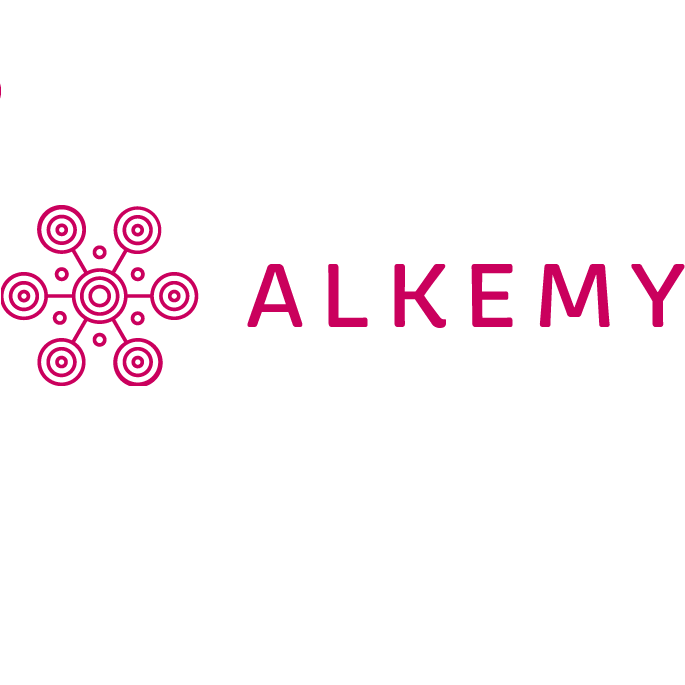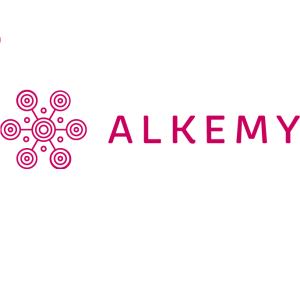The EU’s Critical Raw Materials Act (CRMA) aims to enhance the self-sufficiency of lithium, a vital component in the shift to renewable energy. This legislation seeks to boost the EU’s capability to extract, refine, and recycle key minerals, with lithium playing a central role due to its importance in battery production for electric vehicles and energy storage.
Lithium is critical for energy storage systems that support intermittent renewable energy sources such as wind and solar. As demand for lithium is expected to increase significantly, the EU is focusing on reducing dependency on imports by increasing local production and refining capacities.
Efficient lithium usage is crucial for reducing greenhouse gas emissions and promoting sustainable energy solutions. By localising lithium production and recycling, the EU aims to decrease environmental impacts associated with long-distance mineral transport and processing.
The EU plans to establish stronger trade partnerships and increase mining capacities within Europe to meet growing lithium demand. This strategy includes enhancing technological advancements and addressing socio-environmental challenges related to lithium extraction.
“It’s mainly the cars, the buses, and the trucks in the future that will eat up all the lithium,” said Peter Tom Jones, director at KU Leuven Institute for Sustainable Metals & Minerals. The EU currently imports 81% of its lithium but aims to produce up to 50% of its demand by 2030 through local mining projects.
Alkemy Capital Investments plc (LON:ALK) is focussed on developing projects in the energy transition metals sector. Tees Valley Lithium is developing a state of the art lithium hydroxide plant at Teesside, UK. Tees Valley Graphite is developing the UK’s first natural graphite active anode material processing facility at the ‘plug-and-play’ Wilton International Chemicals Park.


